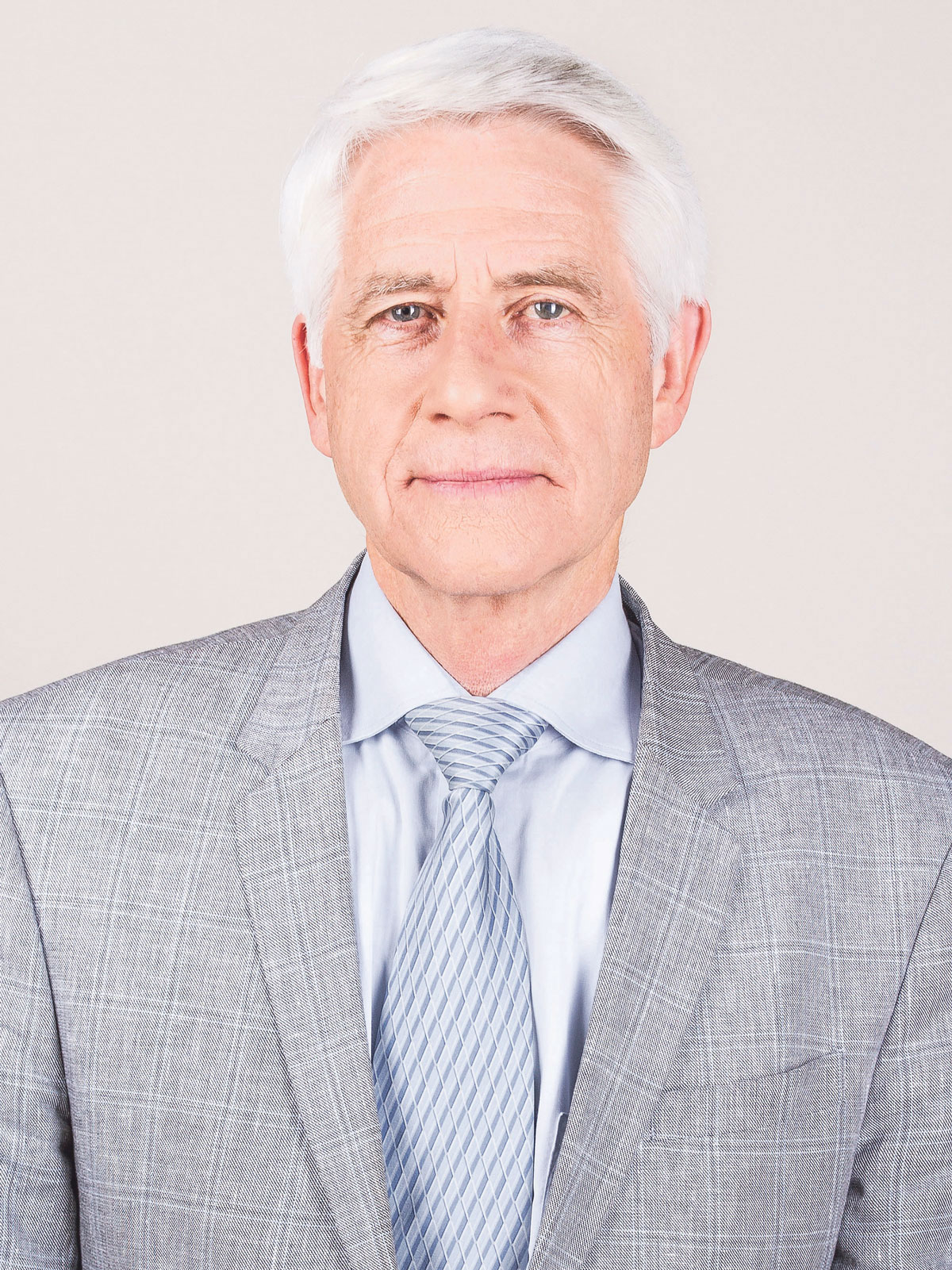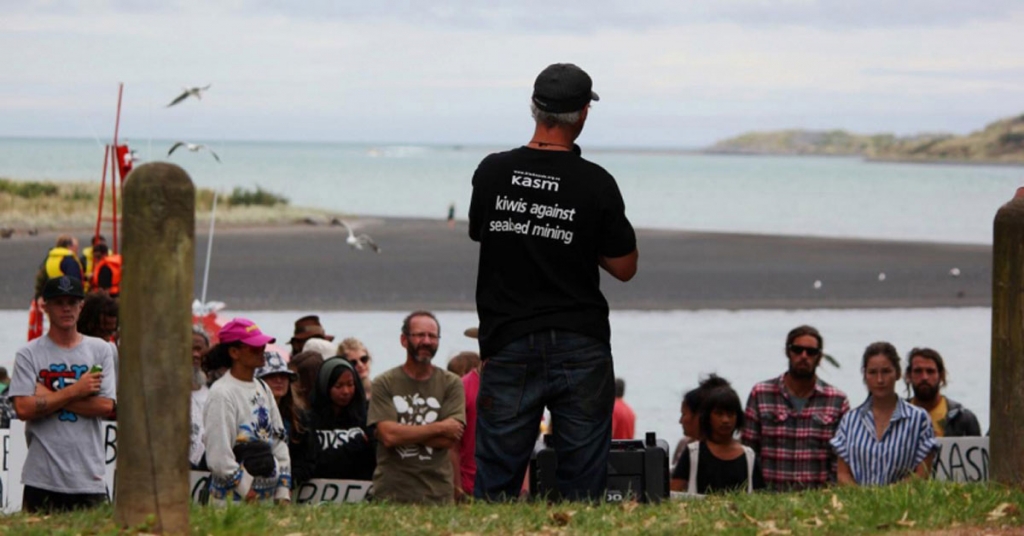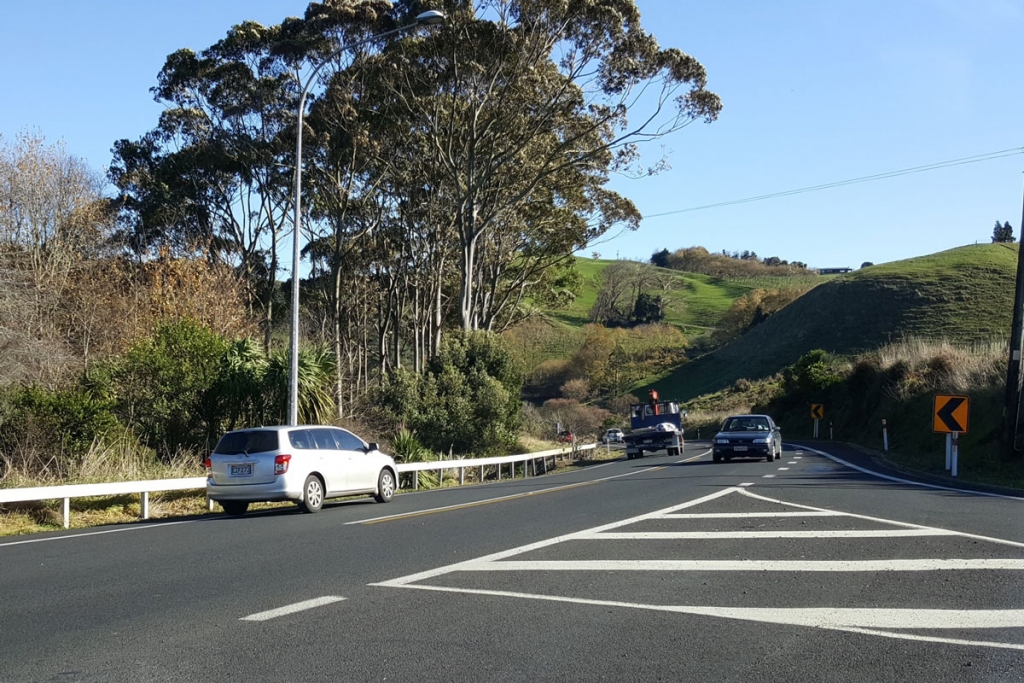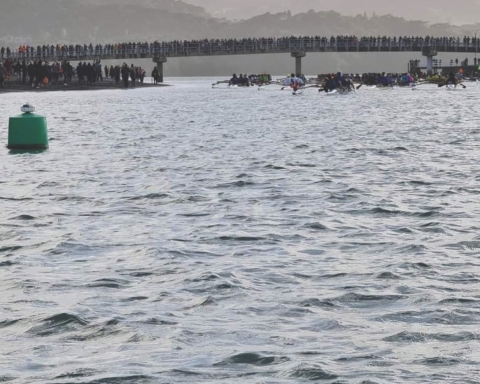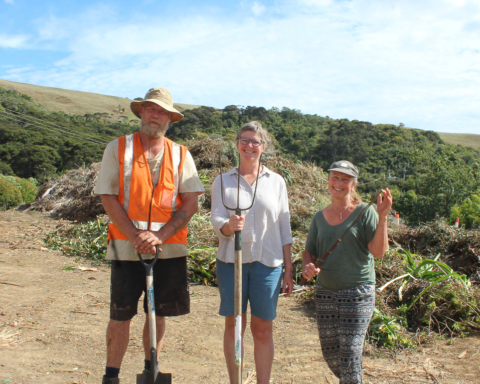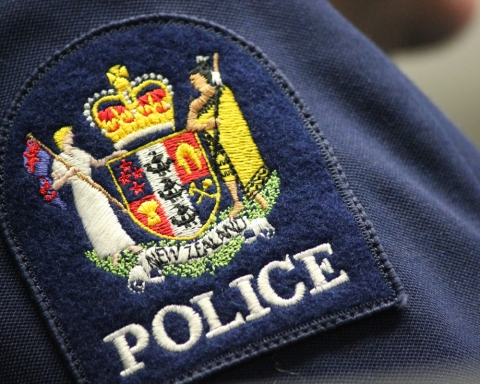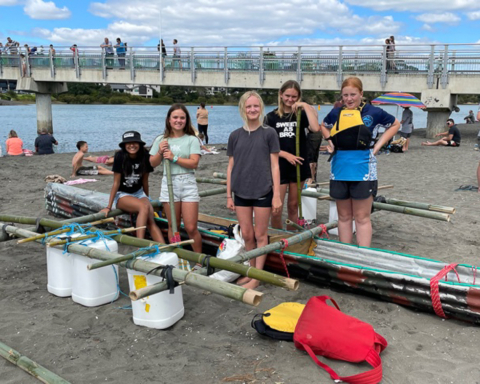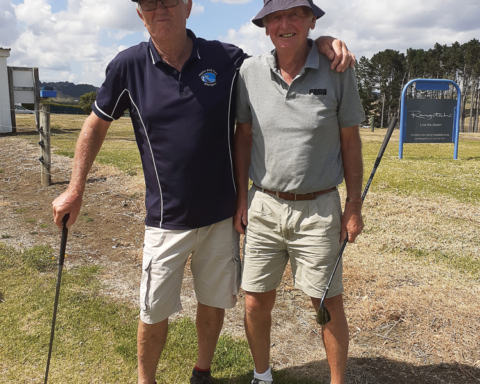Green Party MP Dr Kennedy Graham gave a talk in Raglan on Saturday about a report that could prove to be a game-changer in New Zealand’s “woefully inadequate” response to climate change.
The report, Net Zero in New Zealand: Scenarios to achieve domestic emissions neutrality in the second half of the century, was commissioned by GLOBE-NZ, a cross-party group of 35 MPs who all recognise that climate change is a major issue facing humankind.
Dr Graham, who spoke to about 30 people in the supper room of the town hall on Saturday, said the report was ground breaking in that it engaged MPs from all seven political to discuss climate policy together rather than partake “in trench warfare in the chambers”.
“It clears the air if you are sharing knowledge,” says Mr Graham, who formed GLOBE-NZ in 2015 ahead of the United Nations Climate Change Conference in Paris.
GLOBE-NZ has a membership drawn from all seven political parties in Parliament.
“What is different about this is it’s a more relaxed, informal context. We are acquiring knowledge that we are gaining and sharing together. We are not in adversary chambers getting knowledge for yourself to be used against another person. That might be good theatre but doesn’t get to the goal.”
Mr Kennedy outlined the lengthy international struggle to take action on climate change, and said “we have essentially wasted 25 years” talking and not doing anything.
“There have been blocks every step of the way.”
He said the New Zealand Government had made it’s own commitment but that was “woefully” inadequate.
“We are obliged to improve our target very quickly.”
The report, produced by Vivid Economics, a London-based consultancy that has internationally-recognised expertise on the subject, identifies four scenarios for achieving emissions neutrality.
The first scenario, “Off-Track NZ”, would see neutrality achieved well into the 22nd century – but the requirements of the Paris Agreement calls for global net emissions to be zero before 2100 in order to limit temperature increase to below 2 degrees Celsius.
Two scenarios, “Resourceful NZ” and “Innovative NZ”, meet the requirement of neutrality not long after 2050 through innovative technology, far-reaching forestry programmes and significant change in land-use patterns.
A fourth scenario, “Net Zero 2050”, is envisaged though not explored in analytical detail. The report states that this scenario is possible, albeit far-reaching and ambitious.
Mr Graham said one of the conclusions of the report was that New Zealand could not get to neutrality without significantly changing its land use patterns.
“It can be done without trauma,” he said. “We don’t have to go around slicing animals’ necks.”
He said people knew – whether they were in farming or business – that it had to change, for our children and all the species on the planet. “We all have to work together.”
“These are scenarios. We have to choose the right one then go to policy discussion.
“The challenge is: how do you get us altogether so we are all moving together as a country.”
Inger Vos
